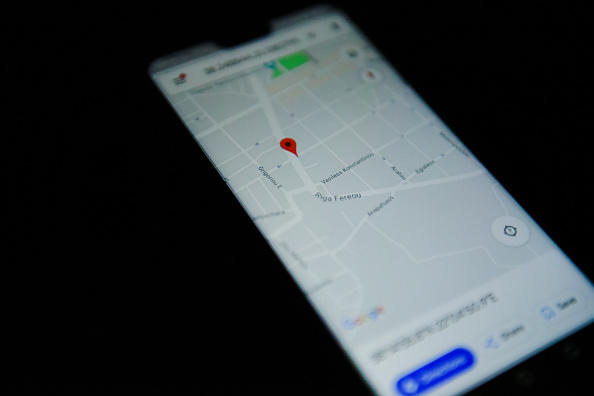Showing 2 results for:
location history
Popular topics
All results

For most people, the idea of being tracked is pretty disconcerting. Nobody wants their every move to be documented, but it’s sometimes impossible to stop. Last year, Google came under fire when the Associated Press reported that the company tracks users even if they’ve turned off Google’s Location History option. Now, it seems Google is trying to make amends. The company plans to introduce a new feature allowing users to automatically delete their Location History and Web & App Activity data. Product Managers, David Monsees and Marlo McGriff wrote: “We work to keep your data private and secure, and we’ve heard your feedback that we need to provide simpler ways for you to manage or delete it…Choose a time limit for how long you want your activity data to be saved—3 or 18 months—and any data older than that will be automatically deleted from your account on an ongoing basis.” The AP’s report last year found that Google tracks data from the Web & App Activity setting. The new feature...

Smartphones hold far more data then most people seem to realize. They’ve become our wallets, computers, and even our own personal maps — which is something law enforcement agencies are especially interested in. The business of tracking cell phone users has developed hoards of information for police, who are now keen on using it. According to the New York Times , requests for information from Google’s mobile Location History database — known as Sensorvault —has “risen sharply” in the past six months. Essentially, police submit “geofence warrants” which give a specific time and location. Using the internal database, Google can pass data about devices that were there to the police. The New York Times reported that Google starts by labeling them with anonymous ID numbers. Once law enforcement narrows the devices down, Google will reveal the users’ name and other information. There’s no way to know how many of these search requests end up in arrests or actual convictions. Many of the...